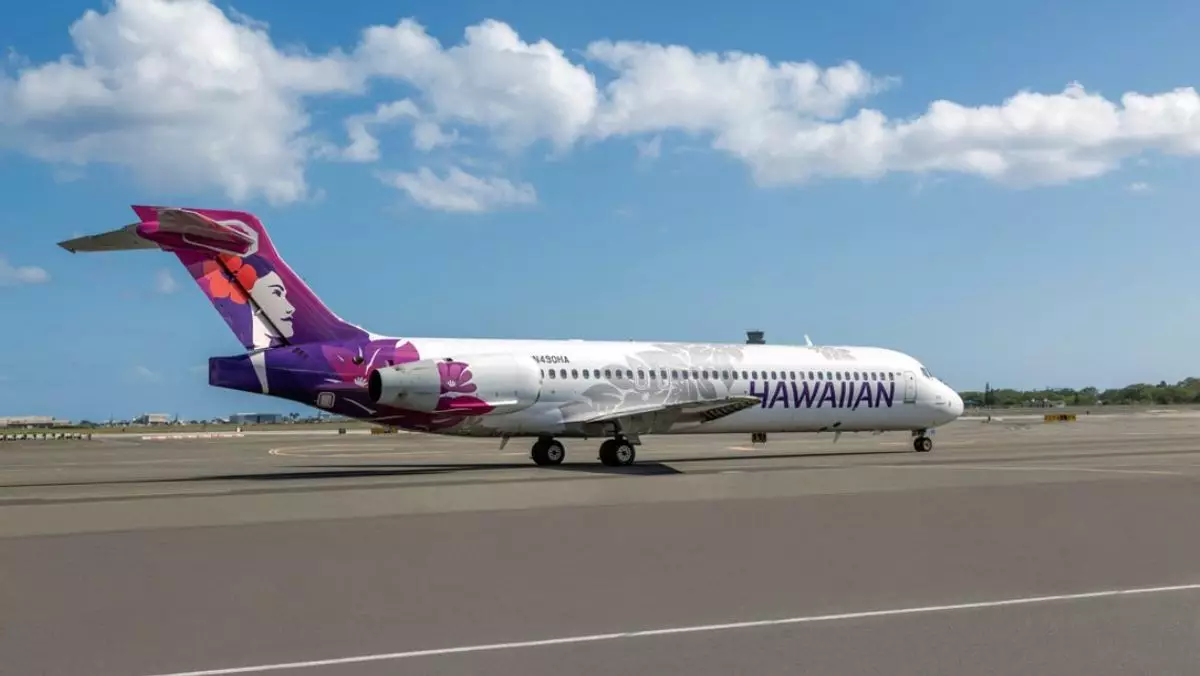The recent court filing by Hawaiian Airlines regarding the U.S. Department of Transportation’s rule for airline fee disclosure highlights the potential consequences for the airline industry if this rule is implemented as planned. The declaration from Hawaiian Airlines suggests that the airline would need to cease all traditional GDS sales if it cannot comply with the DOT regulation, signaling a significant disruption to their distribution channels.
The airline industry, represented by trade group Airlines for America, has taken legal action against the DOT over the fee disclosure rule, arguing that it is arbitrary and exceeds the regulatory authority. The airlines raise concerns about the practical challenges of implementing the rule, citing technological constraints in legacy GDS systems and the costly and time-consuming nature of integrating NDC-supported distribution.
Impact on Revenue and Distribution Channels
Hawaiian Airlines’ managing director of distribution, Kristina Larson, paints a dire picture of the potential impact of the rule on the airline’s revenue. She warns of a loss of millions of dollars per month if the Edifact distribution standard is disabled, preventing accurate and passenger-specific content from being distributed through third-party providers. The airline would also incur significant costs in negotiating new contracts and upgrading technology to comply with the NDC standard.
While the DOT argues that the rule is aimed at protecting consumers by providing transparent fee information upfront, the airline industry contends that these requirements will clutter search displays and confuse consumers. The DOT’s denial of airlines’ request to stay implementation of the rule reflects a commitment to consumer protection, but it raises questions about the practicality and feasibility of compliance for airlines.
Industry Response and Legal Challenges
The airline industry’s legal battle against the DOT’s fee disclosure rule has drawn support from organizations like IATA and the National Air Carrier Association. However, the lack of involvement from travel agencies in the lawsuit suggests a divided response within the travel industry. Organizations like ASTA and the Travel Technology Association have raised concerns about the rule’s impact on agencies and GDSs, emphasizing the need for clarity and consistency in fee disclosure practices.
The response of Hawaiian Airlines and the broader airline industry to the U.S. Department of Transportation’s fee disclosure rule underscores the challenges and complexities of regulatory compliance in the travel sector. The clash between consumer protection objectives and industry concerns highlights the need for a balanced and collaborative approach to policy-making in the airline industry.


Leave a Reply